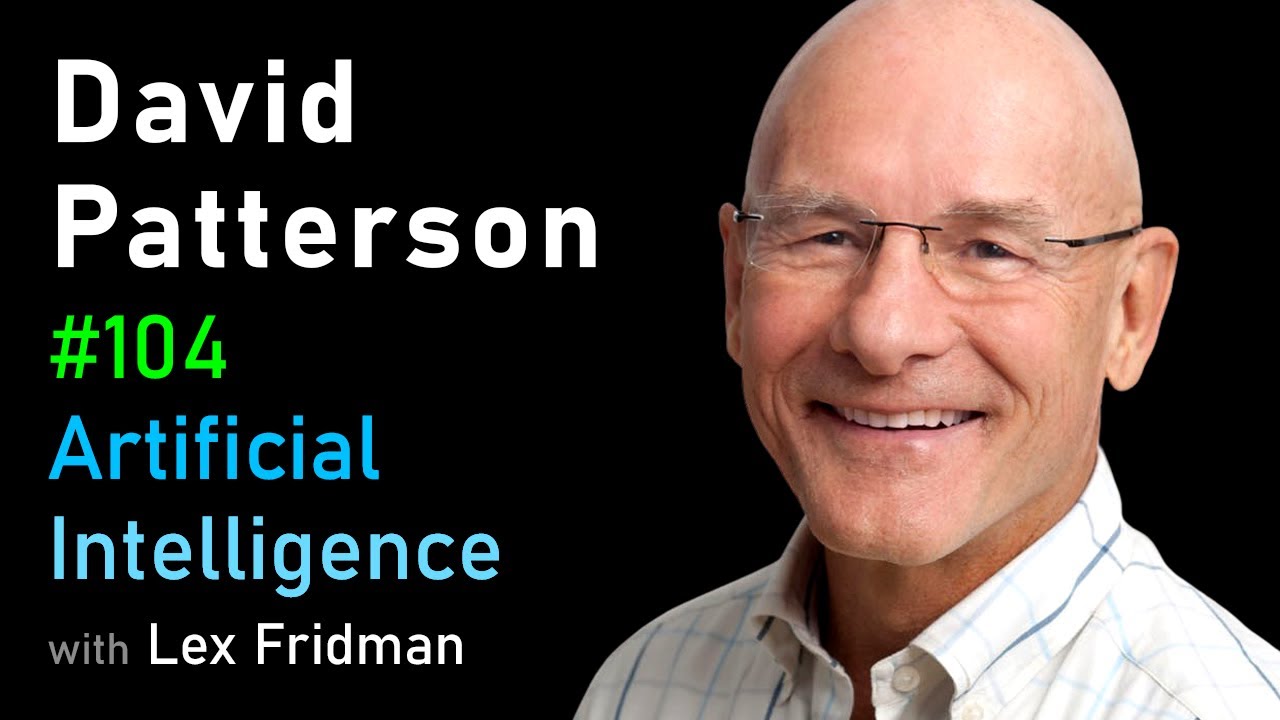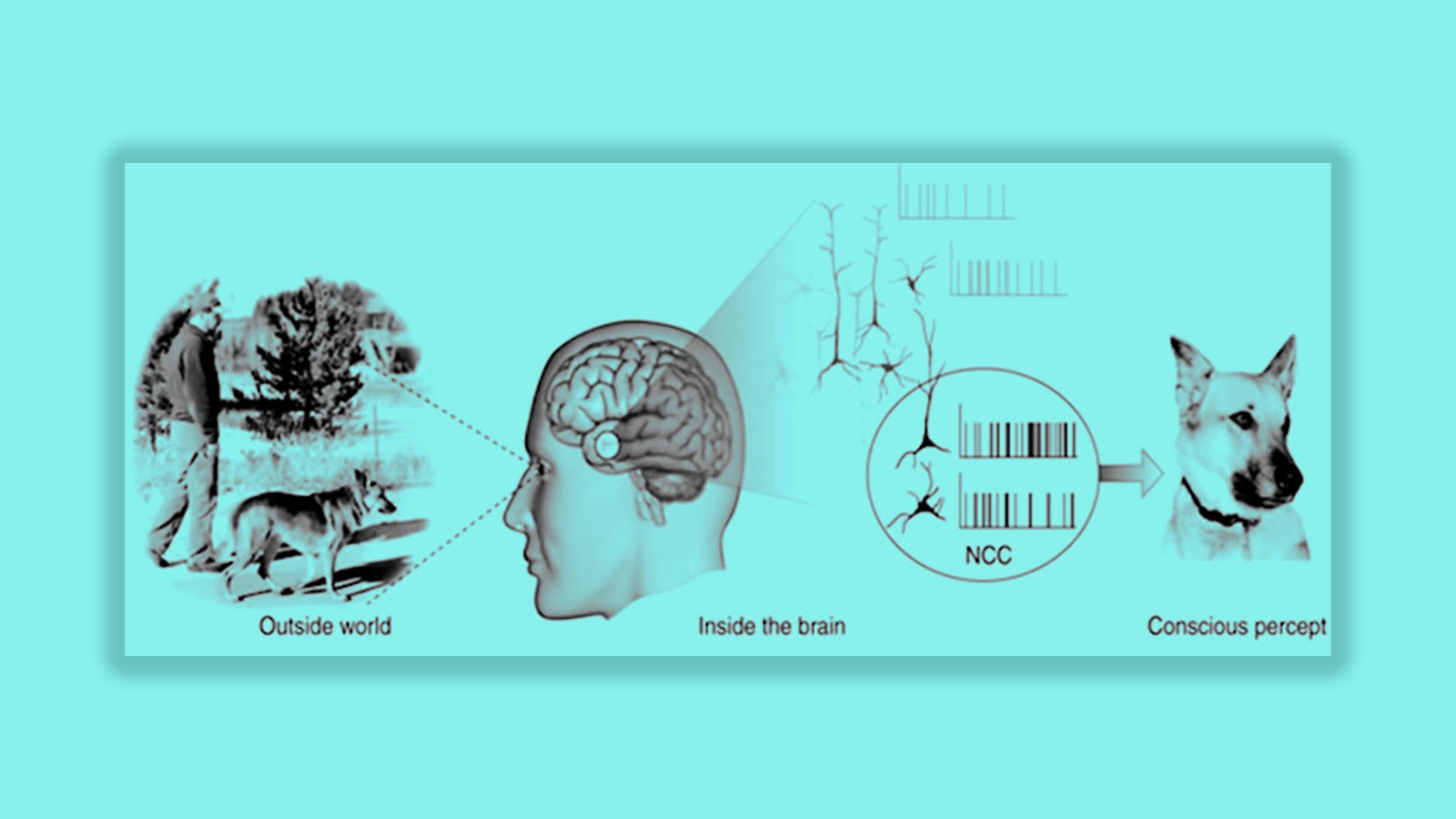Lex Fridman
David Patterson is a Turing award winner and professor of computer science at Berkeley. He is known for pioneering contributions to RISC processor architecture used by 99% of new chips today and for co-creating RAID storage. The impact that these two lines of research and development have had on our world is immeasurable. He is also one of the great educators of computer science in the world. His book with John Hennessy “Computer Architecture: A Quantitative Approach” is how I first learned about and was humbled by the inner workings of machines at the lowest level. This conversation is part of the Artificial Intelligence podcast.
Support this podcast by signing up with these sponsors:
– Jordan Harbinger Show: https://jordanharbinger.com/lex/
– Cash App – use code “LexPodcast” and download:
– Cash App (App Store): https://apple.co/2sPrUHe
– Cash App (Google Play): https://bit.ly/2MlvP5w
INFO:
Podcast website:
https://lexfridman.com/ai
Apple Podcasts:
https://apple.co/2lwqZIr
Spotify:
https://spoti.fi/2nEwCF8
RSS:
https://lexfridman.com/category/ai/feed/
Full episodes playlist:
https://www.youtube.com/playlist?list=PLrAXtmErZgOdP_8GztsuKi9nrraNbKKp4
Clips playlist:
https://www.youtube.com/playlist?list=PLrAXtmErZgOeciFP3CBCIEElOJeitOr41
OUTLINE:
0:00 – Introduction
3:28 – How have computers changed?
4:22 – What’s inside a computer?
10:02 – Layers of abstraction
13:05 – RISC vs CISC computer architectures
28:18 – Designing a good instruction set is an art
31:46 – Measures of performance
36:02 – RISC instruction set
39:39 – RISC-V open standard instruction set architecture
51:12 – Why do ARM implementations vary?
52:57 – Simple is beautiful in instruction set design
58:09 – How machine learning changed computers
1:08:18 – Machine learning benchmarks
1:16:30 – Quantum computing
1:19:41 – Moore’s law
1:28:22 – RAID data storage
1:36:53 – Teaching
1:40:59 – Wrestling
1:45:26 – Meaning of life
CONNECT:
– Subscribe to this YouTube channel
– Twitter: https://twitter.com/lexfridman
– LinkedIn: https://www.linkedin.com/in/lexfridman
– Facebook: https://www.facebook.com/lexfridman
– Instagram: https://www.instagram.com/lexfridman
– Medium: https://medium.com/@lexfridman
– Support on Patreon: https://www.patreon.com/lexfridman
Source




I really enjoyed this conversation with David. Here's the outline:
0:00 – Introduction
3:28 – How have computers changed?
4:22 – What's inside a computer?
10:02 – Layers of abstraction
13:05 – RISC vs CISC computer architectures
28:18 – Designing a good instruction set is an art
31:46 – Measures of performance
36:02 – RISC instruction set
39:39 – RISC-V open standard instruction set architecture
51:12 – Why do ARM implementations vary?
52:57 – Simple is beautiful in instruction set design
58:09 – How machine learning changed computers
1:08:18 – Machine learning benchmarks
1:16:30 – Quantum computing
1:19:41 – Moore's law
1:28:22 – RAID data storage
1:36:53 – Teaching
1:40:59 – Wrestling
1:45:26 – Meaning of life
Ha. Name dropping Nvidia being skeptical around the 1:11:00 mark. The skeptic in me wonders if they were hesitant about ML Perf cause it could potentially make their products look terrible. They wanna control the narrative. It's like their gigarays marketing bull shit for RTX. This lines up with what Moore's law is dead stated about Nvidia being snobbish to work with too. Fuckin Nvidia, geez.
Notice how happy he got when they talked about wrestling.. After such a great career, it's the smaller things that really seem to make him happy. Really makes you think about life.
Walter White?
Brilliant people, very interesting topics on Lex channel.
This was brilliant!
Thank you for doing these interviews, Lex. Sincerely.
Awesome episode, @Lex Fridman. Pfr Patterson is just a great scientist and a great person. I'm curious though about the book he mentioned at last he read. If you know the title, can you please post it here? Thanks again!
It's so beautiful to me how such complexity can be brought about through simple but repeated and increasing abstracted instructions. The entire time I was listening I couldn't help but think how this mirrors the simplicity and complexity of DNA instructions.
Cool.
Say my name.. Heisenberg!
The problem with AI that is data driven is that you need to show it the outcome which we don’t have to get a 100% thing. And currently we are going in the direction of doing a 20% thing and just think it will fit a 100% which is basically like doing a fuzzy matcher. With these models we might even fail on simple additions of two numbers because the chances that it will fail are like say 70% so learning can achieve new things but are not really great for simpler things.
Great talk! The role of benchmarks in advancing technology is inspiring; improving on equal terms with competitors; which, if said benchmarks are fair/agreed upon, means real improvement. Refinement of what equals performance over time (with new use-cases and concepts) should be able to keep these markers healthy.
With regard to the decrease of cost per performance in computing, it does still appear that we are in a (slower albeit) exponential, especially if you frame it as cost and energy efficiency per performance. Intel has majorly stumbled the past 5 years, this is not the case with TSMC and Samsung. Another point in support of the current existence of exponential change, looking at mobile, the number of transistors in an iPhone 11 vs an iPhone 6 is huge (2 billion, it appears on the 6; and 8.5 billion on the 11). And if you factor in that the new iPhone SE has the same chip as the 11 and is half the cost, clearly this is exponential, at least in this mobile domain. Also, recently, AMD gave a big shot in the arm to desktop computing, especially for content creation, piggy-backing on the improvement in transistor size by TSMC.
I enjoyed watching this episode.
Thank you Lex and David. This was fantastic. Now I feel like an addict, I need more podcasts like this one 🙂
dell charge over $1000 for a server grade 1TB ssd , should be renamed RAED (Redundant Arrays of Expensive Disks)
Wow, Lex, your interviews are next level great and I love the guests you have. You are starting to get quite a collection here. This is like JRE 8.0 for engineers and people in STEM.
graham hancock you cannot fool me with your bald-american-computer-science alter ego
Would be nice if you add a link to the books you recommend.
Love your podcast!
excellent podcast! lots of specific information about the guest's area of expertise with some personal stuff and life lessons towards the end, how it should be. thanks!
Beautiful explanations! I've enjoyed listening to this very much. Thank you. Both of you.